The idea of Web3 internet freedom — a web where users own their data, control their identities, and are no longer subject to the whims of Big Tech — sounds revolutionary. But with every shift in digital power comes an equally important question: What does the law say about it?
While technologists and decentralization advocates are building toward a freer web, legal systems around the world are trying to catch up. And in many ways, they’re not ready yet.
From Platform Control to User Ownership: A Legal Grey Zone in Web3 Internet Freedom
Web2, for all its issues, made regulation relatively straightforward. There were clear entities to regulate — Facebook, Google, Amazon. When something went wrong, lawmakers and regulators had a clear target.
Web3 changes that. It disperses power across protocols, smart contracts, and communities instead of corporations. That’s empowering for users — but problematic for regulators.
- Who’s liable if a DAO (decentralized autonomous organization) commits fraud?
- Can regulators enforce compliance against anonymous developers or token holders?
- What legal rights do users have when no central company owns the platform?
These aren’t theoretical questions anymore — they’re actively reshaping debates around accountability in a decentralized world.
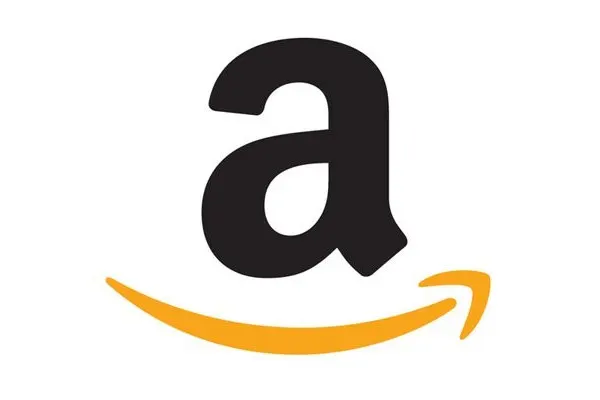

Digital Identity and Data Rights: A Legal Rethink Is Needed in Web3 Internet Freedom
Web3 wallets and blockchain-based IDs promise users control over their online identities. No more “Sign in with Google.” No more surrendering personal data to access apps or services.
Sounds great — but legally, it’s messy.
Under laws like the EU’s GDPR, users have the right to erase their data. But how does that work when data is written immutably to a blockchain? Some legal scholars argue that full GDPR compliance may be impossible on public ledgers.
Others ask: if identity is self-sovereign and no single platform owns your data, who is responsible for data misuse? Who gets fined under privacy laws?
Until lawmakers rewrite the rules for decentralized systems, Web3 may remain in a regulatory limbo — celebrated by users, scrutinized by regulators.
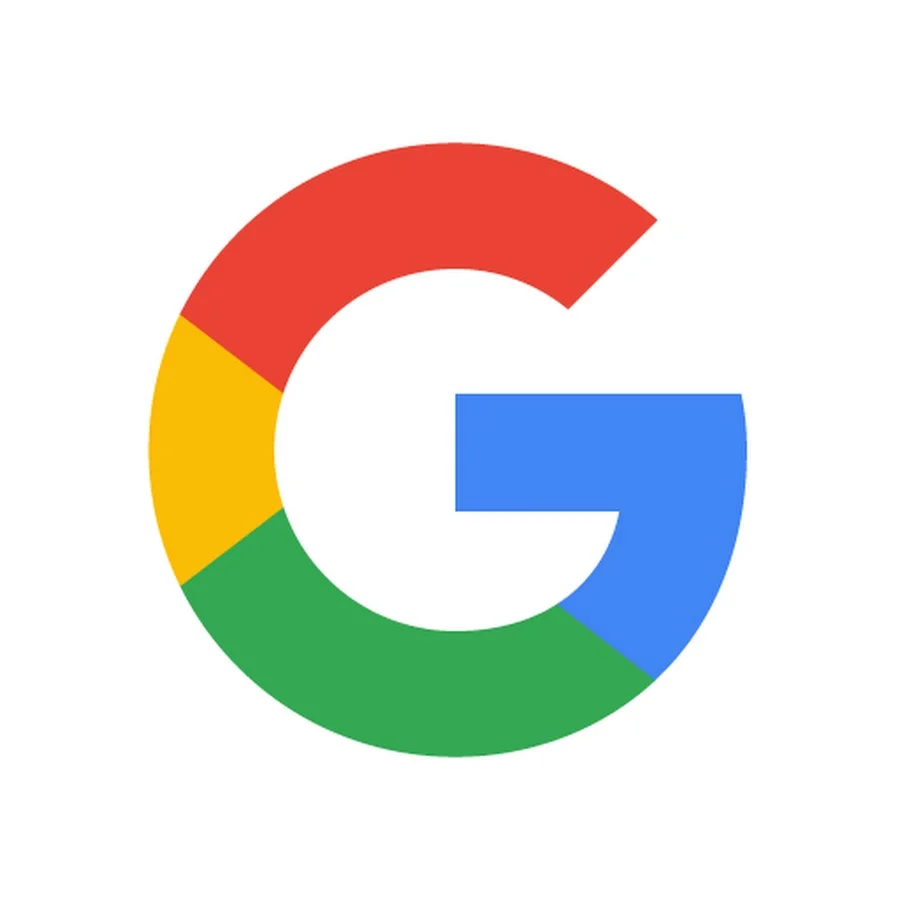
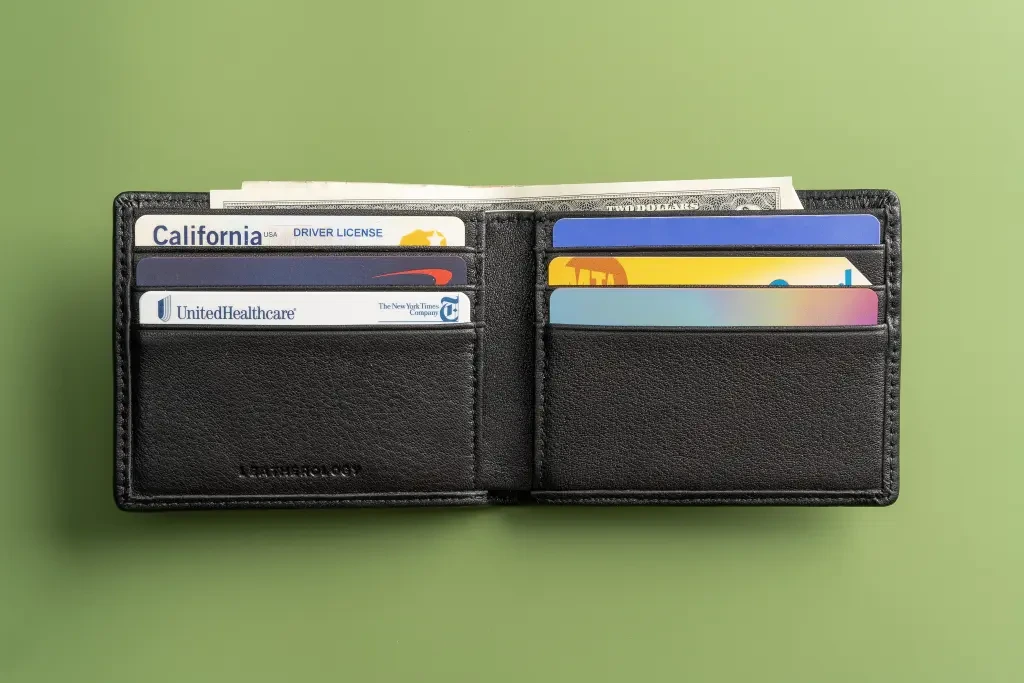
Decentralized Content and Speech: Freedom or a Legal Minefield?
Web3 platforms promise censorship resistance — your posts, followers, and digital persona can’t be deleted by a company or government.
But legal systems worldwide are built on the idea that platforms bear some responsibility for harmful content. Hate speech, disinformation, copyright infringement — these still need to be addressed.
If content is hosted on decentralized networks with no central moderator, who enforces the rules?
- Can governments compel a protocol to remove illegal content?
- Can victims of harassment on decentralized platforms seek justice?
- What legal standards apply to a borderless, ownerless social network?
We’re entering new territory — and most existing speech and platform liability laws weren’t written with decentralization in mind.
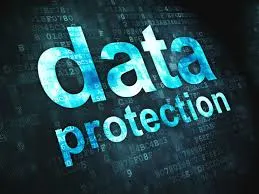
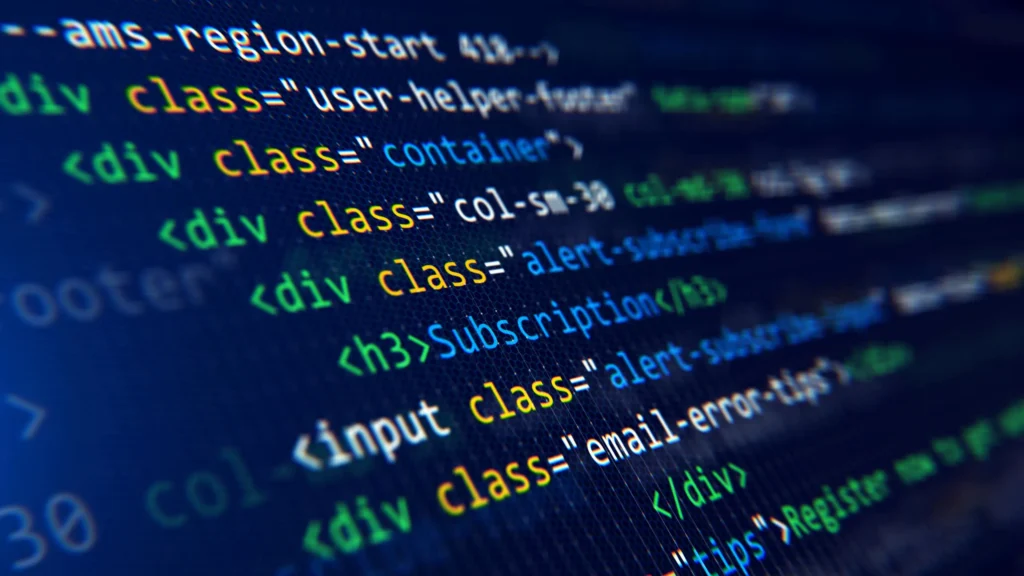
The Free Internet Dream vs. National Regulation
Web3’s global, borderless nature is part of its appeal — but also one of its biggest legal challenges.
Every country has different laws for privacy, finance, content, and consumer protection. When a DAO is launched anonymously on-chain, with members across continents, whose rules apply?
This clash between sovereign regulation and decentralized infrastructure is already playing out in crypto enforcement, and Web3 will only accelerate the tension.
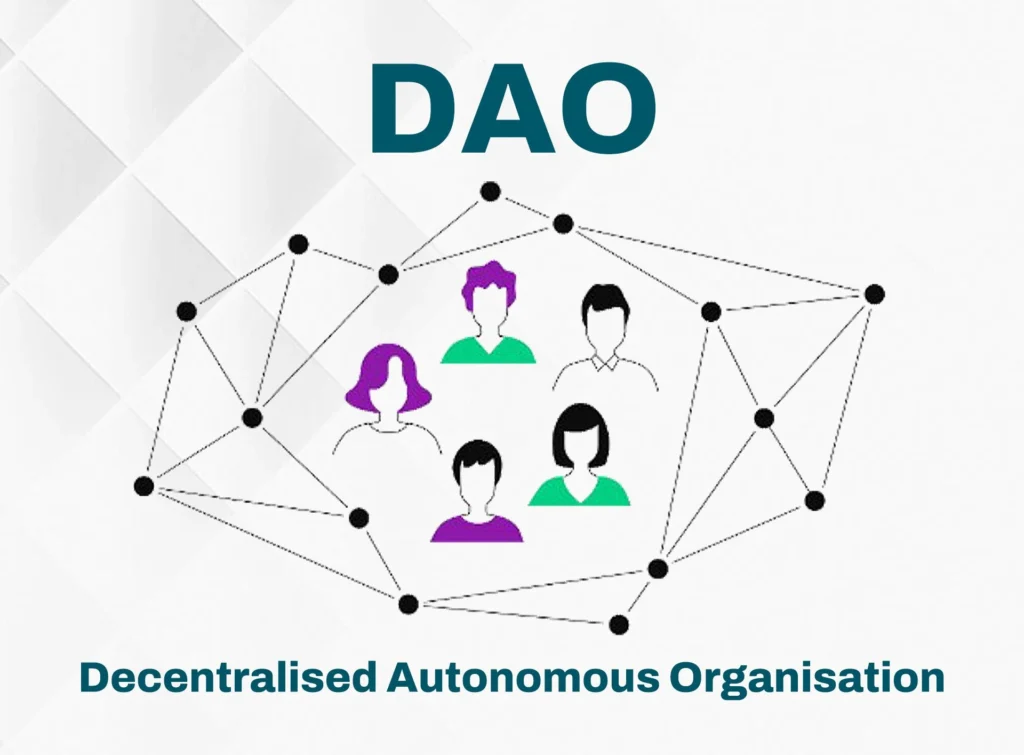
Final Thoughts: Legal Frameworks Must Catch Up with Web3
So, can Web3 build a freer internet? Maybe — but not without legal reform.
The vision of user-owned platforms and portable identities is powerful. But until laws evolve to address questions of liability, data rights, and enforcement, Web3 will operate in a legal gray area.
That’s not a reason to abandon it — it’s a reason to engage. If we want a web that’s freer and fairer, lawyers, regulators, developers, and users all need to be part of the conversation.
Because freedom isn’t just a tech innovation — it’s a legal one too.
Relevant Link : Here





